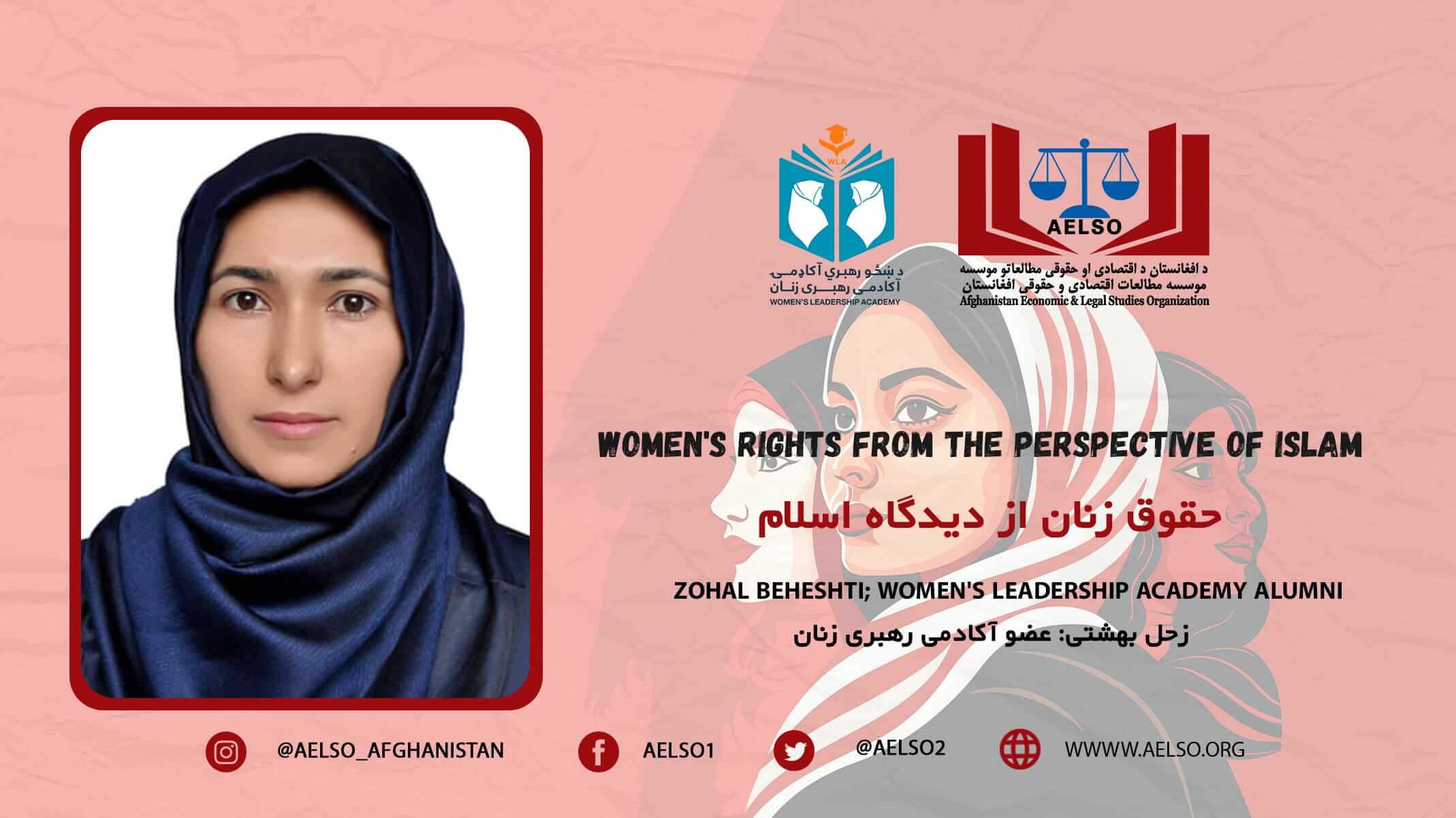
Women’s Rights from the Perspective of Islam
Islam regards women as free and created them as human beings, not as slaves, not subservient to men, and certainly not as creatures of the left hand or of Satan, as some ignorant people believe. Women are entitled to all the human rights that men enjoy; they possess all those rights as human beings. However, the issue of women’s rights being constantly violated is not a problem of Islam failing to uphold women’s rights; it is a problem of those who disregard women’s rights, disobey divine commands, and view women solely as servants. In the Holy Quran and in the traditions of Islam, women are entitled to various rights: such as family rights, rights of women entrusted to their husbands (the right to proper conduct, the right to housing, the right to financial support, the right to dowry), political rights, the right to pledge allegiance or participate in elections, the right to participate in war and defense, social and judicial rights, economic rights, inheritance rights, the right to make wills, the right to spend and give charity, the right to employment, social, financial, and other rights too numerous to discuss in one article. Islam has granted women rights through which they have achieved true freedom with the advent of Islam. In Islam, it is even required that a husband compensates his wife if she chooses not to breastfeed her child. This illustrates how Islam recognizes women’s rights even in matters as intimate as breastfeeding. If a woman does not wish to breastfeed her child, she has the right to refuse, let alone other rights and privileges. Islam does not limit household chores to women alone, as it is not their sole responsibility. Men should cooperate because financial responsibility lies on both spouses, and household chores should be shared accordingly.
Key words: women’s rights, Islam, equality, financial rights, spiritual rights.